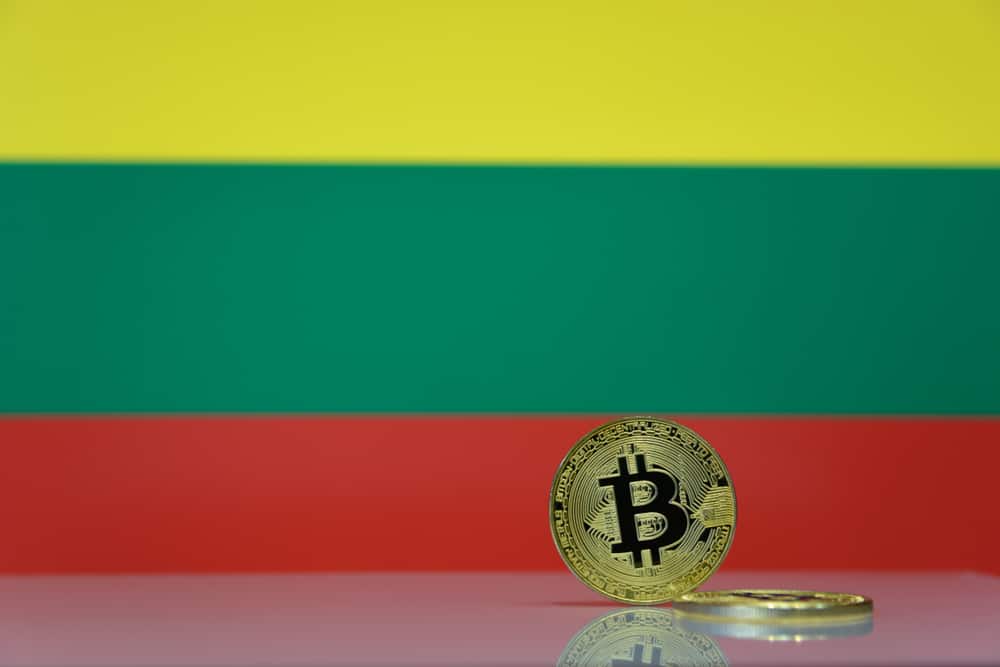The Ministry of Finance of Lithuania just published a 16-page presentation of cryptocurrencies, Initial Coin Offerings (ICOs), different token types as regarded under its jurisdiction and taxation rules that will apply within the crypto sphere.
The document published on June 8 starts with an opening statement from the Minister of Finance, Vilius Šapoka, who praises his country to be at the forefront of the Blockchain Revolution and a leading startup hub in FinTech thanks to its open-minded public authority.
He adds that the challenge faced by regulators is to find the right balance between establishing a flexible regulatory framework for businesses to thrive and preventing unlawful schemes, money laundering, and terrorist-financing activities.
ICO Guidelines
The document defines an ICO as any token offering launched by a venture in order to raise capital for developing new products or services or to establish the company itself and kick-start its activities.
While the process is not regulated by a specific regulatory body, the Bank of Lithuania is required supervises token offerings, which “may be subject to the requirements” of the country’s legislation.
The document explains that, depending on the offering, a token may grant voting rights in a company’s corporate decisions, entitle holders to a portion of the company’s profit, receive interest rate on the invested amount, and/or receive the principal on loaned amounts, and be traded in the secondary market.
The explanation goes on to outline that, if a token grants one of the above rights to holders, “the probability exists that it will be considered as security;” thus, obliging the issuer to comply with the “relevant legislation.” The definition itself comes actually from Articles 1.101-1.108 of the Civil Code of the Republic of Lithuania.

Taxation
This section defines a virtual currency to be the current asset used as either a financial settlement instrument for goods and services or a store of value. Virtual currencies are regarded as sovereign currencies like Euros or Dollars for the purpose of the value-added tax or VAT.
For other tax categories, some tokens may also be regarded as virtual currencies. The document goes on to explain that recognizing certain token investments as securities do not necessarily result in ruling them as such for tax purposes.
In fact, it is stated that tokens issued during an ICO are not subject to corporate income tax if they present the securities characteristics outlined above or if they are issued as a means to grant the use of a company’s product or service, which will be paid using those tokens.
The document considers the latter as “advance payments,” a simple transfer of cash that is not earned since the token does not grant holders the right to acquire the company’s goods or services for the exact amount on those tokens.
For the purpose of personal income tax, profits made out of trading virtual currencies “may be charged as income from individual activities,” the document reads if a certain set of aggregated criteria apply (i.e., continuity, autonomy, and the pursuit of economic benefit).
The document briefly explains continuity to be attributable to the performance of activities that are continuous in nature, not limited by a tax period and recurrent. A 15% fixed rate will be charged on some activities that satisfy those aggregated criteria as personal income tax.
Profit made out of mining cryptocurrencies is not subject to VAT according to the document. However, if a person receives a reward for supplied mining services from another person, it becomes subject to VAT.
A disclosure section states that the publication is not an official interpretation of the Lithuanian legislation and that ruling within the novel crypto economy will be made by joint efforts from all competent entities combined on a case by case basis.
Besides, the guidelines on it are believed to only cover a part of the aspects out under scrutiny by the relevant financial and regulatory institutions, and will, in essence, be subject to future changes and updates.






